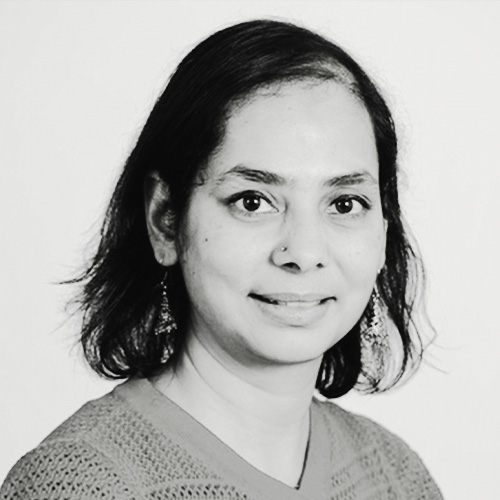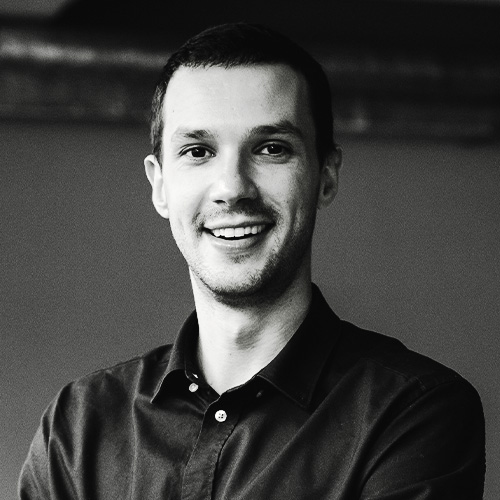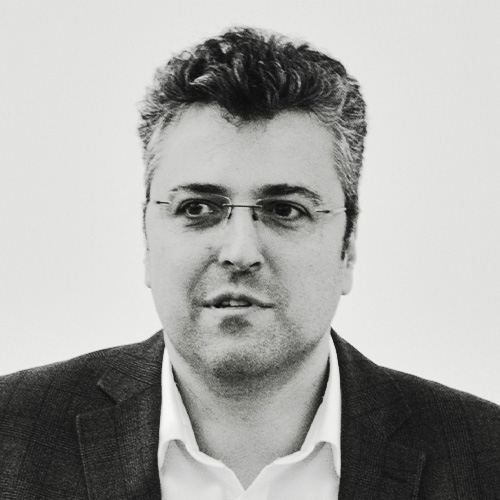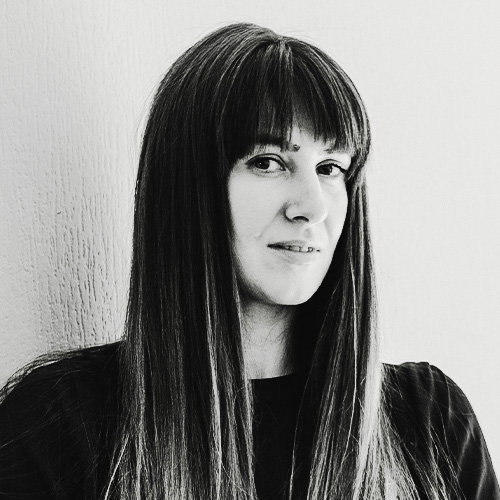COVID-19 radically changed the urban mobility and allowed us to see the cities in a new light — without traffic jams at rush hour, with expanded bike lanes, with new spaces for pedestrians and new concepts, praising the local way of life.
Is this situation a chance to finally create the dream cities for the people? Or not really — because of the pandemic, we became even more attached to our cars as the most convenient and safest means of transportation. And we forgot about the greenest.
However, the topic cannot be postponed in the climate emergency in which we live. With the help of technology, cities are already working for a better mix of sustainable urban transport, micro mobility and pedestrianism. The question is how to make this more attractive than a new car?
These global mobility problems are discussed by three experts whose experience in the Balkans, Europe and Asia shows one thing: that the best time to intervene and make new transport decisions is today, as the world drives at a lower speed.
Participant

Daisy Narayanan
Director of Urbanism at the UK charity Sustrans, which works for accessibility of wolking and cycling in the city. She became part of the company in 2019, after practising urban design and architecture in India, Singapore, England and Scotland. Equal access and the involvement of all in the life of the city are top themes for Daisy, who believes that in order to develop and support communities, we need to create places for the people who live in them.
Participant

Petko Anchev
Operations manager for Bulgaria, Greece and Cyprus of the company Lime for shared use of electric scooters, bicycles and mopeds. Petko’s education in the field of climate change and politics directs him professionally to the European NGO sector and the local state administration — he has worked in the Presidency, the Ministry of Economy and the Sofia Municipality, where he was part of the Green Sofia project team for sustainable development.
Participant

Metodi Avramov
Director of Strategies, Innovations and International Projects at the Sofia Urban Mobility Center, where in recent years he has held management positions in various directorates. At the moment, Metodi is responsible for the technological and digital transformation of the public transport system in Sofia, in which at the end of February 2021 the online purchase of one-way tickets was introduced.
Moderator

Ina Valkanova
Architect and Urban Planning Consultant, Ina is a member of the GRADOSCOPE collective. She completed her architecture studies in RWTH Aachen and Berlin University of Arts, and is now taking her Doctor’s degree in ETH Zürich, researching Trakia Economic Zone in Plovdiv with the team of Newrope. Ina has worked with Alvaro Siza in Porto and Benthem Crouwel in Amsterdam, she was the investment and innovation coordinator of Vision Sofia 2050, and has also given lectures at the Architecture weeks in Copenhagen and Belgrade.